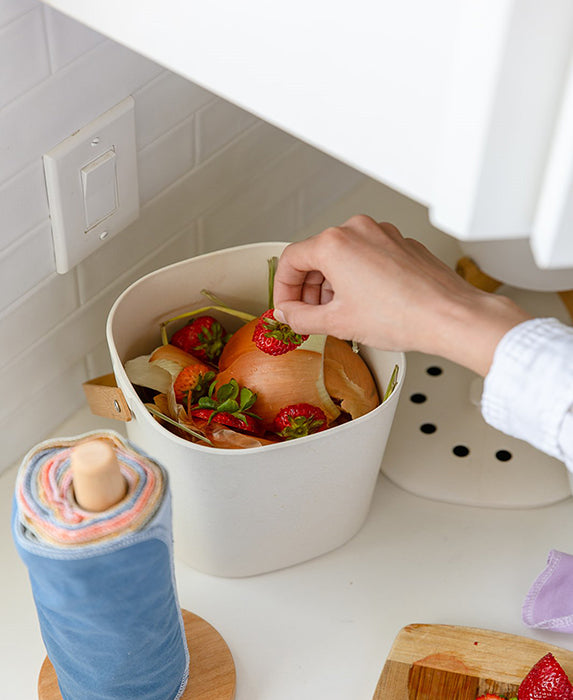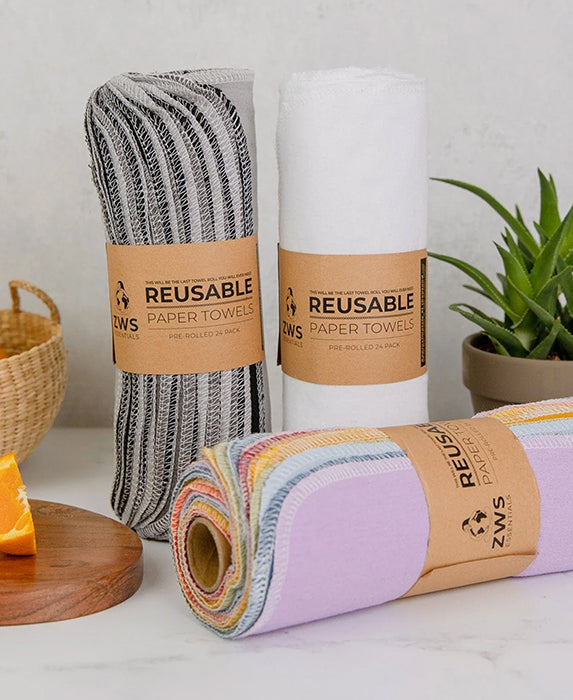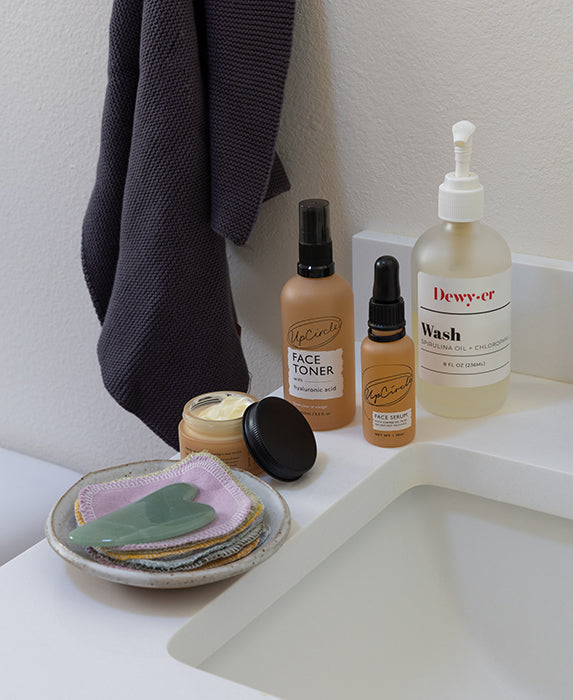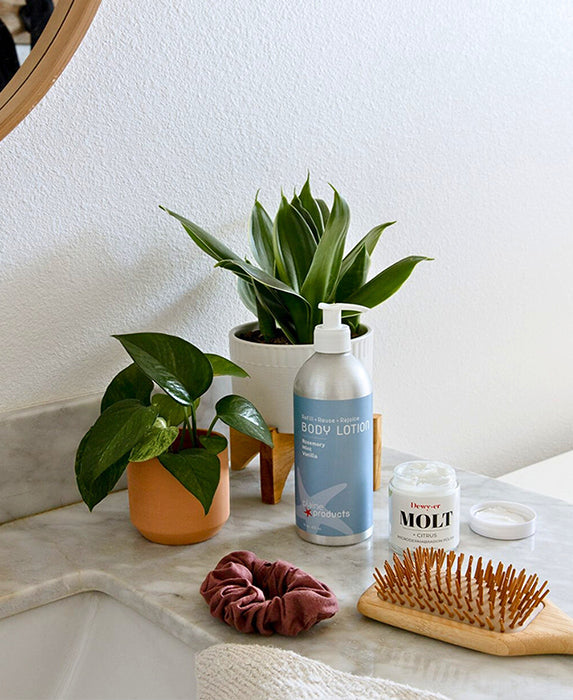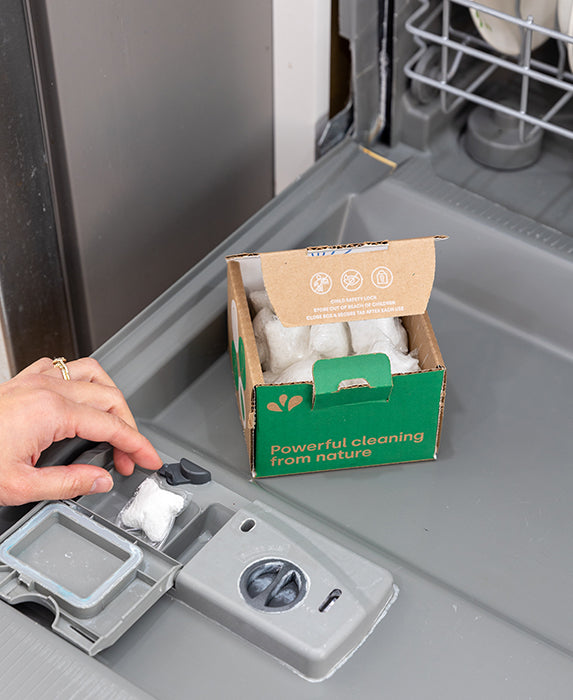RADIUS
Architects Kevin Foley and James O'Halloran were relaxing on the sandy beaches of the British Virgin Islands in 1980 when a life changing idea struck them: refine and improve the humble toothbrush for the modern world. By 1983, with a little help from their friends, RADIUS was launched and they had their first toothbrush mold ready for production, featuring an oval head with a palm friendly handle, unlike any toothbrush that had come before. Named The Original, it featured 6,500 super-soft bristles, and immediately flew off the shelves! Back in those days, the RADIUS team took taxis across Manhattan delivering orders door-to-door just to keep up with demand.
As things took off, they began to look for a space to grow, landing in Kutztown, Pennsylvania at a restored feed mill factory. This was also the year that they created the leftie brush, bringing the power of The Original to everyone! But they didn't stop there. Their insatiable love for clever design led to the launch of the SCUBA Brush in 1989, made from flexible tree rubber and landing the company in the design hall of fame at the Smithsonian. From creating mini childrens brushes to revitalizing natural silk floss, RADIUS continued to push the boundaries for the next decade, even expanding to travel cases to hold their intuitive designs in.
As things took off, they began to look for a space to grow, landing in Kutztown, Pennsylvania at a restored feed mill factory. This was also the year that they created the leftie brush, bringing the power of The Original to everyone! But they didn't stop there. Their insatiable love for clever design led to the launch of the SCUBA Brush in 1989, made from flexible tree rubber and landing the company in the design hall of fame at the Smithsonian. From creating mini childrens brushes to revitalizing natural silk floss, RADIUS continued to push the boundaries for the next decade, even expanding to travel cases to hold their intuitive designs in.


RADIUS
Through the years, they've continue to be inspired by sustainable design, modifying designs and packaging to be the most beneficial for the planet. From introducing naturally biodegradable silk floss sachets to do away with wasteful plastic containers and nylon floss, to creating 65,000 kilowatts of solar power at their factories, RADIUS never stops imagining a world with less waste.
Thanks to replacement-head technology and a handle made from repurposed materials, the revolutionary RADIUS Source toothbrush reduces waste by 93%. By upcycling repurposed and recycled materials like wood, paper, and even recycled dollar bills, this ergonomic toothbrush is changing the way we brush. This mentality has spread to all RADIUS products, from brushes to holders and cases, made compostable or recyclable whenever possible. Their intelligent materials and innovative design lead to the soft yet powerful bristles wearing out much slower, saving you money and keeping more waste out of our landfills. Thirty years of dedication to clean teeth, and a cleaner planet, has made RADIUS a leader in the industry.
Their commitment to being ethical in every aspect of production led to the introduction of 50,000 kilowatt solar collectors in 2011, harnessing the power of Pennsylvania sunshine to generate 67% of their factories electrical power, lessening the burden of their factory on the planet! Since then, RADIUS has been able to generate enough electricity each year to power roughly 15 homes, offsetting 210 metric tons of carbon, or the equivalent of 45 acres of healthy trees. They don't just make clean teeth‚ they make clean air too.

